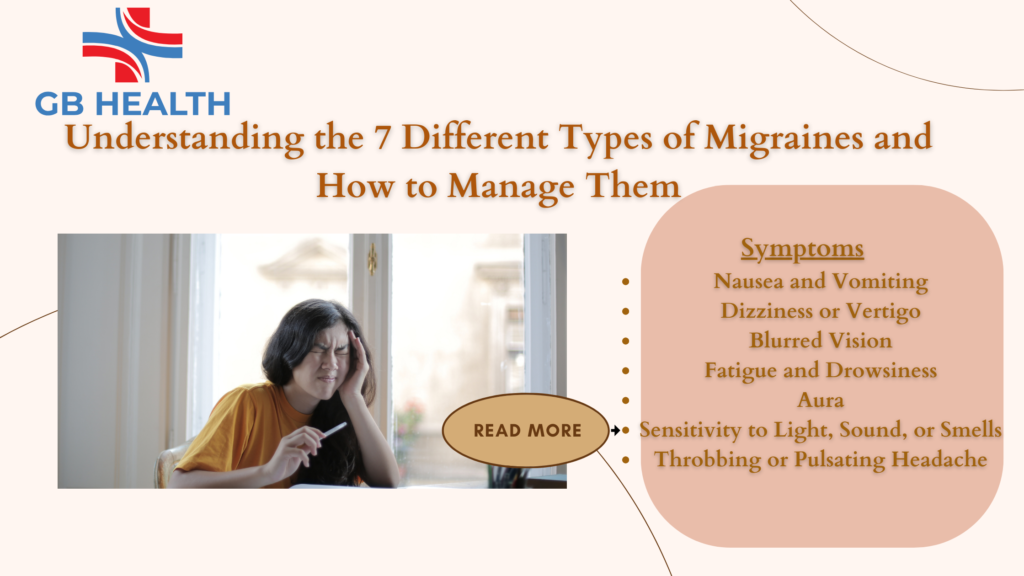Understanding Over the Counter Medicines: Benefits, Risks, and Future Trends
Over-the-counter (OTC) medicines are a staple in many households, offering quick and easy relief for a variety of common ailments. These medications can be purchased without a prescription, making them accessible and convenient for treating minor health issues.
The Future of Medicine and Health: Innovations Transforming Healthcare
In the rapidly evolving field of medicine and health, innovative technologies and advancements are playing a crucial role in transforming patient care and medical practices. From telemedicine to personalized medicine, these advancements are not only improving health outcomes but also making healthcare more accessible and efficient. In this blog post, we will explore some of the most groundbreaking innovations shaping the future of healthcare.


